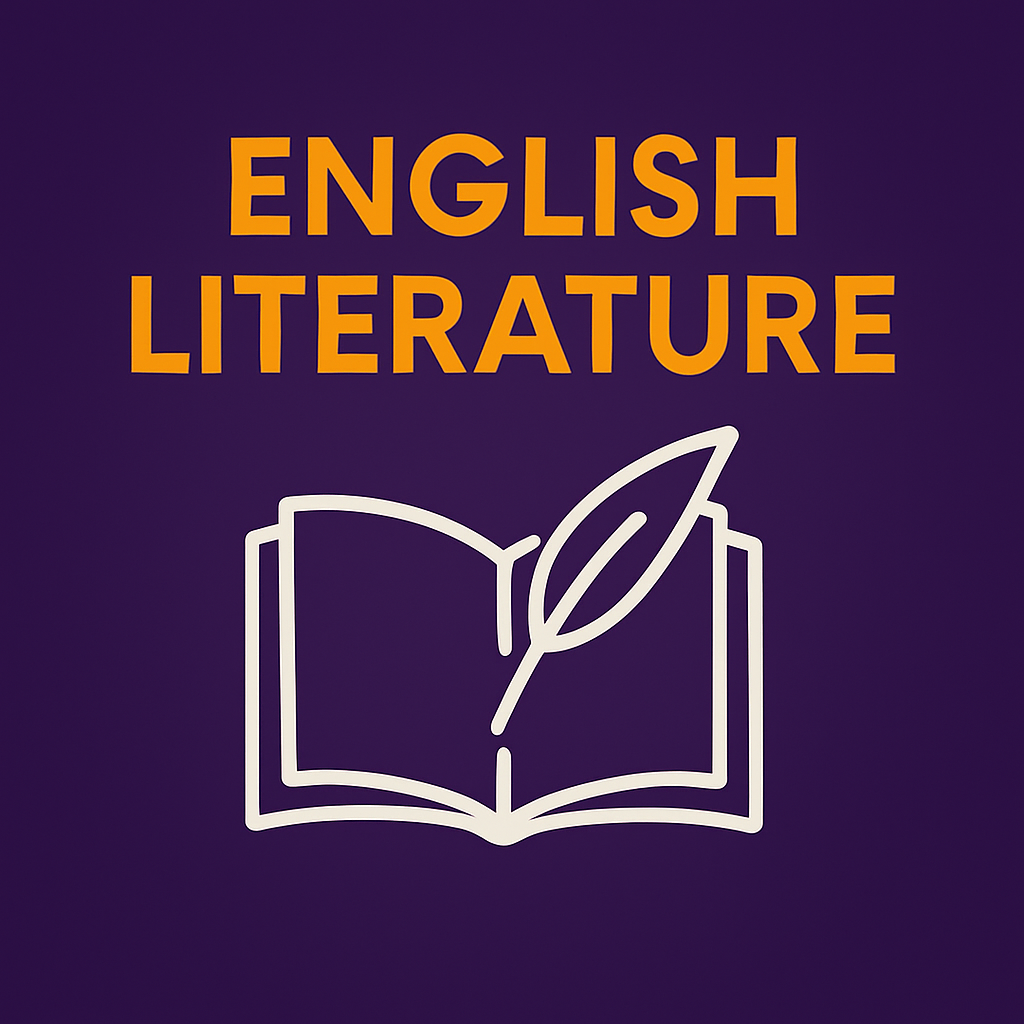A-Level English Literature: Analysing Shakespeare

Analysing Shakespeare for A-Level English Literature Introduction Shakespeare’s works are central to A-Level English Literature, offering rich opportunities for analysis of themes, language, and structure. Understanding his techniques and historical context is key to excelling in essays and exams. This article will explore: Common themes in Shakespeare’s plays. Techniques for analysing language and structure. Exam […]
A-Level English Language: Exploring Language Frameworks
Exploring Language Frameworks Introduction At A-Level English Language, students delve deeper into linguistic analysis using language frameworks. These frameworks help uncover the intricate ways meaning is constructed, conveyed, and received. Mastering them is crucial for effective text analysis and achieving high grades. This article will guide you through: The core language frameworks and their advanced […]
Real-Life Benefits of GCSE English

Real-Life Benefits of GCSE English Introduction The skills gained in GCSE English Language extend beyond exams, equipping students for success in education, careers, and everyday life. From clear communication to critical thinking, these abilities are essential in today’s world. This article will explore: The role of GCSE English in personal development. How English skills prepare […]
Practising Close Reading Skills for GCSE English
Practising Close Reading Skills for GCSE English Introduction Close reading is a vital skill for success in GCSE English Language, allowing students to analyse texts in depth. By examining language, structure, and meaning, you can unlock the layers of a writer’s craft and impress examiners. This article will cover: What close reading is and why […]
How to Prepare for GCSE English Mock Exams
How to Prepare for GCSE English Mock Exams Introduction Mock exams are a vital part of preparing for GCSE English Language, offering a chance to practise under exam conditions and identify areas for improvement. By approaching mocks strategically, you can boost your confidence and performance. This article will cover: Creating an effective revision plan. Managing […]
Writing About Literary Criticism in GCSE English
Writing About Literary Criticism in GCSE English Introduction Incorporating literary criticism into GCSE English essays demonstrates a deeper understanding of texts. Whether analysing a novel, poem, or play, engaging with critical perspectives can strengthen your argument and show advanced analytical skills. This article will explore: What literary criticism is and why it’s important. How to […]
Real-Life Applications of GCSE English Skills
Real-Life Applications of GCSE English Skills Introduction The skills learned in GCSE English Language extend far beyond the classroom. From effective communication to critical analysis, these abilities are vital in everyday life and many career paths. This article will explore: How English skills are applied in daily life. The importance of communication in the workplace. […]
Understanding the Marking Criteria for GCSE English

Understanding the Marking Criteria for GCSE English Introduction Understanding the marking criteria is essential for excelling in GCSE English Language. Each question is assessed based on specific objectives, and tailoring your responses to meet these requirements can maximise your marks. This article will explore: Key assessment objectives (AO1–AO6). How to structure answers to meet criteria. […]
Common Mistakes in GCSE English and How to Avoid Them
Common Mistakes in GCSE English and How to Avoid Them Introduction Common mistakes in GCSE English Language exams can cost valuable marks. By understanding these errors and learning how to avoid them, you can refine your skills and approach the exam with greater confidence. This article will explore: Common reading comprehension mistakes. Common writing errors. […]
How to Revise for GCSE English Language
How to Revise for GCSE English Language Introduction Revising for GCSE English Language requires a blend of reading, writing, and analytical skills. With a structured plan, you can build confidence and improve your performance in both reading and writing sections. This article will explore: Strategies for revising reading comprehension. Techniques to improve writing skills. Exam-specific […]
Using Evidence Effectively in English Language
Using Evidence Effectively in English Language Introduction Using evidence effectively is crucial for success in GCSE English Language. Whether you’re analysing a text or crafting a persuasive argument, well-integrated evidence strengthens your responses and demonstrates analytical skills. This article will explore: How to select relevant evidence. Techniques for quoting and paraphrasing. Embedding evidence seamlessly into […]
Time Management for English Language Exams
Time Management for English Language Exams Introduction Managing your time effectively in GCSE English exams is crucial for answering all questions and maximising your marks. With the right strategies, you can approach each section with confidence and avoid running out of time. This article will cover: Allocating time for different sections of the exam. Strategies […]
Punctuation and Spelling Mastery
Punctuation and Spelling Mastery Introduction Accurate punctuation and spelling are essential for effective communication and high marks in GCSE English Language. These skills ensure your writing is clear, professional, and error-free. This article will explore: Key punctuation rules and their uses. Common spelling challenges and strategies to overcome them. Tips for proofreading and self-correction. Key […]
Mastering Grammar and Sentence Structure for GCSE English
Mastering Grammar and Sentence Structure for GCSE English Introduction Strong grammar and varied sentence structures are essential for achieving high marks in GCSE English Language. They enhance clarity, engage the reader, and demonstrate control over language. This article will cover: Key grammar rules for GCSE success. Techniques for varying sentence structures. Common grammar mistakes and […]
Vocabulary Building for GCSE Success
Vocabulary Building for GCSE Success Introduction to Vocabulary A strong vocabulary is a powerful tool for GCSE English, helping you express ideas clearly, analyse texts effectively, and impress examiners. Expanding your word knowledge improves both writing and comprehension skills. This article will explore: Strategies for building a rich vocabulary. Using synonyms, antonyms, and context clues. […]
How to Write Effective Introductions and Conclusions
How to Write Effective Introductions and Conclusions Introductions and Conclusions Strong introductions and conclusions can transform an essay or response in GCSE English Language. The introduction hooks the reader and sets the tone, while the conclusion reinforces key ideas and leaves a lasting impression. This article will guide you through: Writing engaging and purposeful introductions. […]
Mastering Summary and Synthesis for GCSE English
Mastering Summary and Synthesis for GCSE English Introduction Summary and synthesis are essential skills for GCSE English Language, testing your ability to condense and combine information from multiple texts. These tasks require precision, clarity, and analytical thinking. This article will explore: How to summarise information effectively. Techniques for synthesising ideas from multiple texts. Examples of […]
Comparing Texts – Strategies for GCSE English
Comparing Texts – Strategies for GCSE English Introduction One of the most challenging tasks in GCSE English Language is comparing two or more texts. This skill involves identifying similarities and differences in themes, tone, and techniques while presenting a coherent analysis. This article will guide you through: Understanding what to compare in texts. Strategies for […]
Descriptive Writing Masterclass
Descriptive Writing Masterclass Introduction Descriptive writing focuses on painting vivid pictures with words, engaging the reader’s senses and emotions. In GCSE English Language, this skill is tested to evaluate creativity and language control. This article will cover: Using sensory language to enhance descriptions. Crafting imagery and figurative language. Structuring and refining descriptive pieces. Using Sensory […]
Narrative Writing Strategies
Narrative Writing Strategies Introduction Narrative writing allows you to craft compelling stories and showcase creativity. In GCSE English Language, effective narrative writing demonstrates your ability to engage the reader and convey emotions. This article will cover: Planning and structuring a narrative. Techniques for creating vivid characters and settings. Tips for writing impactful beginnings and endings. […]

